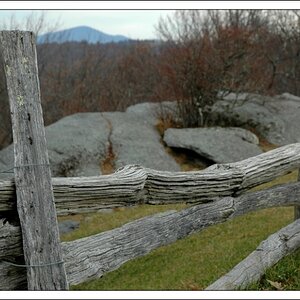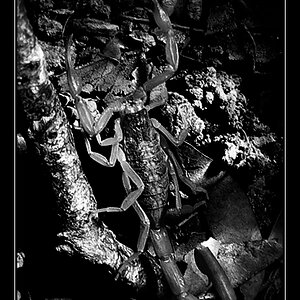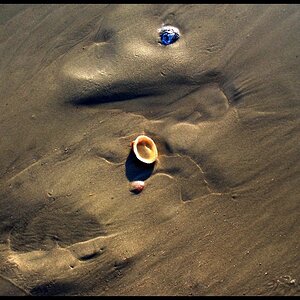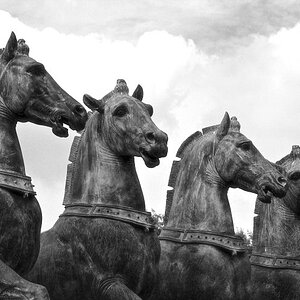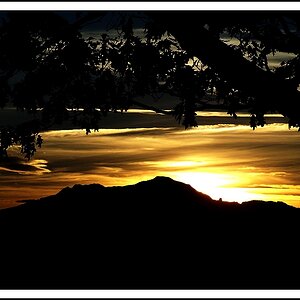Al-Wazeer
TPF Noob!
- Joined
- Dec 25, 2008
- Messages
- 1,174
- Reaction score
- 0
- Location
- Bahrain (somewhere in mid east)
- Can others edit my Photos
- Photos OK to edit
You're correct in that as soon as a work is created it's copyrighted. The issue is, what constitues 'protection' and lets not confuse Copyright law with Patent law.
In the USA if your copyright is not registered you are severly limited in what you can sue for. Basicly you can only sue for the income lost from that infringement only. If your normal charge for the image is $75, that's how much you can sue for. You cannot sue for attorney and court costs, which is why the first question an attorney will ask you is, "Is the image registered?" If you answer, "No it's not." they will tell you to get it registered ASAP and come back when it is. You have 3 months from the time the image was published by the infringer. You will still be somewhat limited on what your attorney can sue for.
If you register your copyright before the infringment occurs you can sue to recover any income the infringer realized by using your image without your authorization. Further, you can get additional awards if you can show the infringer knew they were infringing and did so willfully as well as recover your court and attorney fee's.
I followed a case in Florida. A realty company selling high end properties infringed 7 images of exteriors and interiors of several properties in a brochure. The court awarded the photographer $12 million because the infringement was willful.
If your images are registered and sound company infringes your work awards, after court and attorney fees, wind up right around $100,000.
Unregistered image suits wind up in small claims court.
so you have to register EVERY SINGLE PHOTO to make sure that it won't be stolen, isn't that too much? i'm just a hobbyist!


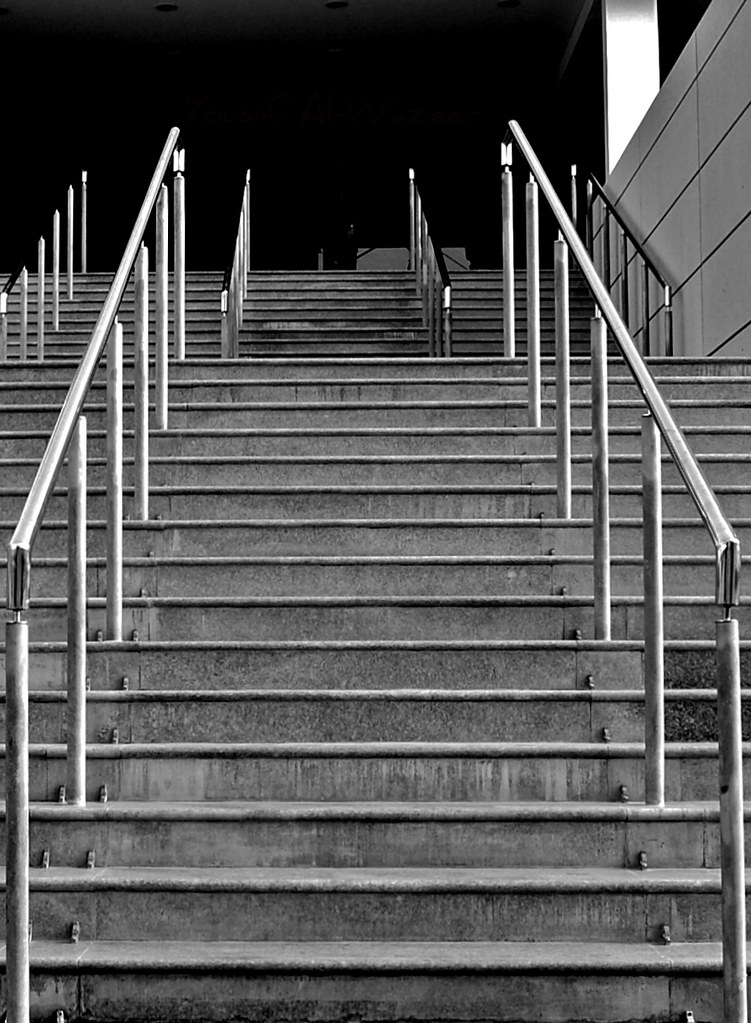
![[No title]](/data/xfmg/thumbnail/35/35262-02f8eba4a2a92dbae0b55547bba80b4f.jpg?1619736968)
